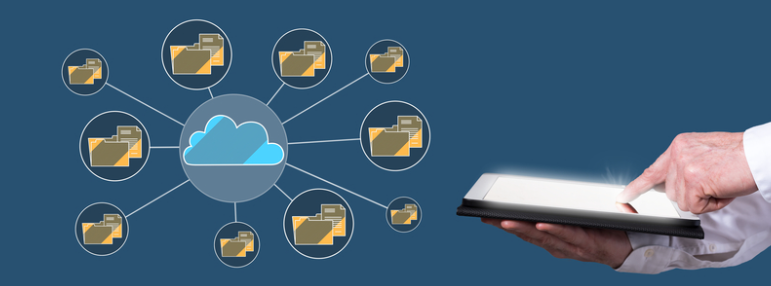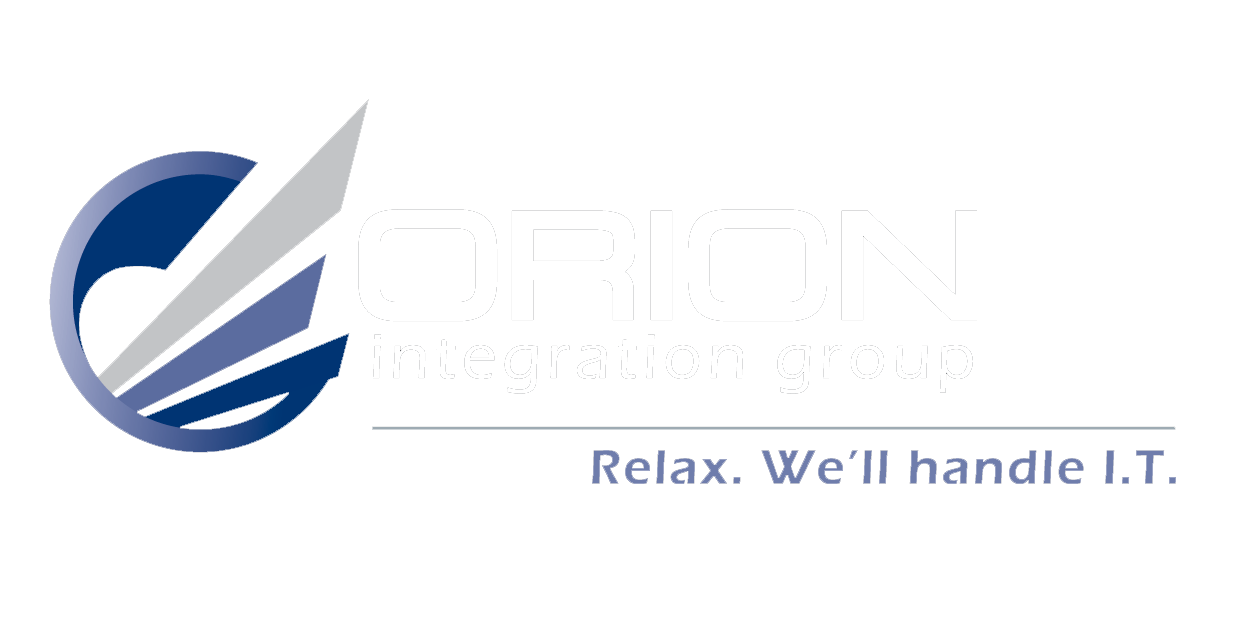Maximizing IT System Health: Best Practices and Regional Strategies
Maximizing IT System Health: Best Practices and Regional Strategies
In the digital infrastructure of a modern enterprise, the health of IT systems is tantamount to the health of the business itself. A well-maintained IT ecosystem not only sustains day-to-day operations but also empowers a business to innovate and grow. This discussion illuminates the best practices in IT system maintenance, including regular updates, security protocols, and strategies to minimize downtime. Special emphasis is placed on crafting maintenance plans that resonate with the unique business landscapes within Orion Integration Group's serviceable areas.
Preventive Maintenance: The Key to Longevity
Routine preventive maintenance is the cornerstone of robust IT system health. Much like regular health check-ups, preventive maintenance identifies potential issues before they become disruptive problems. These scheduled checks ensure that hardware is functioning correctly, software is updated, and systems are optimized for performance. Implementing a regular maintenance schedule prevents the accumulation of small issues that can lead to significant interruptions, thus prolonging the life of IT assets.
Regular Software Updates and Patch Management
Software developers frequently release updates that patch vulnerabilities, improve functionality, and enhance security. Failing to apply these updates can leave systems open to cyber threats and performance issues. Effective patch management involves a structured approach to testing and installing updates to ensure compatibility and minimize disruptions. Timing these updates strategically can reduce the impact on operations, especially during non-peak hours.
Security Checks: Safeguarding Against Threats
As cyber threats evolve, so should the strategies to combat them. Regular security checks must be incorporated into routine system maintenance. This process includes the evaluation of firewalls, intrusion detection systems, and anti-malware software. Regular audits of user access privileges ensure that only authorized personnel can reach sensitive data, thereby reducing insider threats. Comprehensive security measures must also extend to mobile devices and remote connections, given the increase in remote work dynamics.
Reducing System Downtime
System downtime can be costly, generating direct losses in productivity and revenue. To minimize downtime, businesses need to implement failsafe mechanisms and disaster recovery plans. Redundancy in hardware and data storage, along with virtualization techniques, can provide continuity during hardware failures or other disturbances. Additionally, well-documented protocols for IT staff to follow during unplanned outages can streamline the resolution process.
Tailoring Maintenance to Organizational Needs
One-size-fits-all approaches to system maintenance often overlook the nuances of a business's operational requirements. Custom maintenance plans take into account factors like the scale of the IT infrastructure, the specific technologies in use, and the industry's regulatory landscape. For example, a business subject to HIPAA regulations would prioritize data privacy in its maintenance, while a retail business might focus on point-of-sale system integrity.
Special Considerations for Regional Maintenance Strategies
Orion Integration Group's operational regions, each with its particular technological and business climate, demand regionalized maintenance strategies. Factors such as local regulatory requirements, climatic conditions affecting hardware, and the availability of IT support services shape these regional strategies. Maintenance plans in these areas need to be flexible and responsive to these local nuances to ensure optimal system performance.
Training and Empowering IT Teams
IT staff are the guardians of system health, and their expertise is vital to effective maintenance. Ongoing training enables IT personnel to stay current with the latest technologies and best practices. Empowering teams with the right tools and decision-making authority allows them to perform maintenance proactively and respond to issues with agility. Investment in IT staff development is an investment in system health.
Monitoring System Performance
Continuous monitoring of system performance provides real-time insights into the health of the IT infrastructure. Monitoring tools can track system utilization, detect anomalies, and trigger alerts for preemptive action. This constant vigilance enables IT teams to address issues promptly and often transparently to the end-user, maintaining a seamless operational flow.
Vendor Support and Partnerships
Maintaining healthy IT systems often involves collaboration with external vendors and partners who provide critical software and hardware support. Building strong relationships with these entities ensures prompt service and access to specialized expertise when needed. Vendor support agreements must align with the business's maintenance schedules and include clear service level agreements for accountability.
Documenting and Updating Maintenance Procedures
A well-documented maintenance procedure provides a clear roadmap for IT staff to follow, ensuring consistency and reliability in maintenance efforts. Documentation should be regularly reviewed and updated to reflect changes in the IT environment or business processes. Detailed records of maintenance activities also facilitate audits and compliance checks, contributing to organizational transparency.
Maximizing IT system health requires a holistic approach that integrates regular maintenance activities with strategic planning and skilled personnel. Aligning IT best practices with the specific needs of a business, while considering regional nuances, fortifies the resilience and reliability of the technology that underpins modern enterprises. As the bridge between robust IT infrastructure and business performance, meticulous system maintenance secures a competitive edge and paves the way for sustained growth and efficiency.
Ready to ensure your business’s IT systems are maintained with the precision and dedication they deserve? Orion Integration Group specializes in creating custom-tailored maintenance plans suited to your specific regional and industry needs. Don’t let system downtime and security threats hinder your progress. Contact us today, and let's build a resilient IT infrastructure that supports your growth and secures your digital assets.











